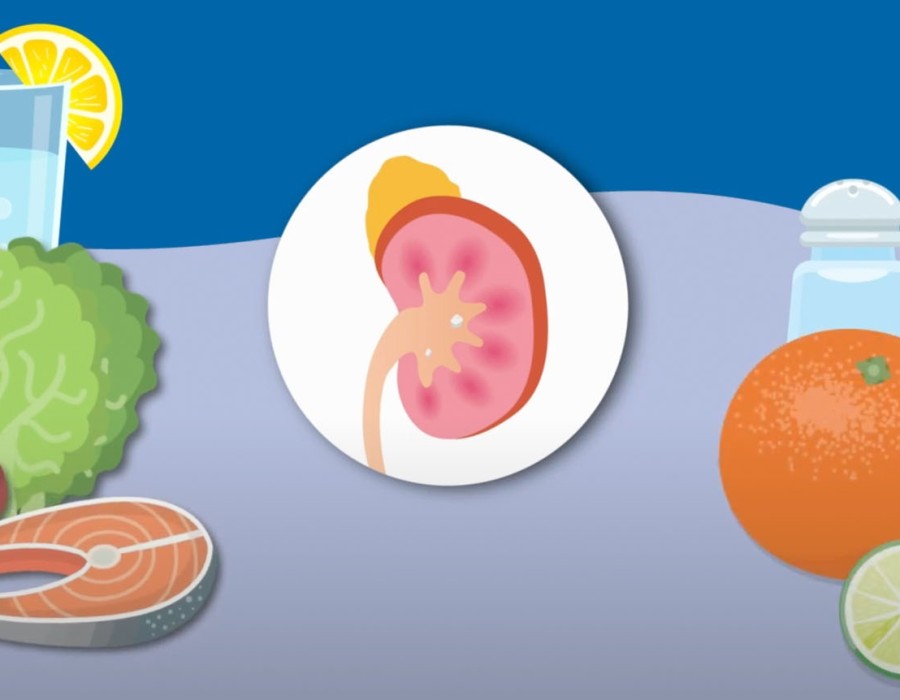Kidney stones are a common yet painful condition affecting millions of people worldwide. These hard deposits of minerals and salts form inside the kidneys and can vary in size, causing intense pain when they move through the urinary tract. While some factors contributing to kidney stones, such as genetics and certain medical conditions, are beyond our control, there are several preventive measures individuals can take to reduce their risk of developing kidney stones.
Hydration is Key
One of the most effective ways to prevent kidney stones is to stay well-hydrated. Drinking an adequate amount of water dilutes the substances in urine that can lead to stone formation, making it less likely for crystals to form and grow into stones. Experts recommend drinking enough water to produce at least 2 liters of urine per day.
Balanced Diet
Diet plays a crucial role in kidney stone prevention. Consuming too much of certain foods, such as red meat, organ meats, and shellfish, can increase the risk of kidney stones due to their high purine content. Similarly, a diet high in salt (sodium) can cause calcium to accumulate in the urine, leading to stone formation. Maintaining a balanced diet that includes plenty of fruits and vegetables, and limiting intake of salt and animal protein, can help prevent kidney stones.
Watch Calcium Intake
Contrary to popular belief, reducing calcium intake may not necessarily prevent kidney stones and could even increase the risk for some types of stones. Adequate calcium from foods like dairy products or calcium-fortified foods is important for overall health and may actually bind with oxalates in the intestines, reducing the amount available to form stones in the kidneys.
Reduce Oxalate-Rich Foods
Oxalates are compounds found in many foods that can bind with calcium in the kidneys to form stones. Foods high in oxalates include spinach, rhubarb, nuts, and chocolate. While these foods are nutritious, individuals prone to calcium oxalate stones may benefit from moderating their intake.
Maintain a Healthy Weight
Obesity and weight gain are linked to an increased risk of kidney stones. Adopting a healthy diet and regular physical activity not only helps maintain a healthy weight but also reduces the risk of stone formation.
Medications and Supplements
For individuals at high risk of developing kidney stones, doctors may recommend certain medications or supplements to help prevent stone formation. These can include thiazide diuretics to reduce calcium in urine or medications to decrease uric acid levels.
Regular Medical Evaluation
People who have had kidney stones in the past or have a family history of kidney stones should undergo regular medical evaluations. This allows healthcare providers to monitor urine and blood chemistry and intervene early if necessary.
In conclusion, while kidney stones can be incredibly painful and disruptive, there are several proactive steps individuals can take to reduce their risk. By staying well-hydrated, maintaining a balanced diet, managing calcium and oxalate intake, and adopting a healthy lifestyle, many cases of kidney stones can be prevented or minimized. Consulting with a healthcare provider for personalized advice is crucial for those at risk or with a history of kidney stones. With proper care and attention to lifestyle factors, the incidence of kidney stones can be significantly reduced.






Comments